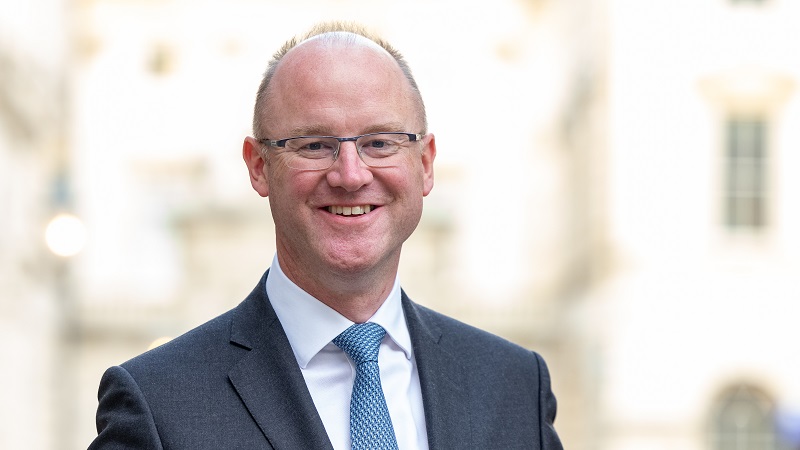The Association of Investment Companies (AIC) has backed new regulatory rules to bring capital requirements for brokers trading investment trust shares in line with those making markets in other companies.
Currently, brokers could be required to hold double the amount of capital to trade investment trust shares compared to regular company shares.
Announcing its new policy statement yesterday (12 December), the Prudential Regulatory Authority’s (PRA) confirmed investment company shares will have the same capital requirements as those trading other company shares.
The AIC said it welcomes the policy revision, believing it could bring down costs for trading investment trusts.
Brokers looking to trade positions in investment trusts are potentially subject to a 32% capital requirement under current rules, while company shares only require 16%.
Richard Stone (pictured), chief executive of the AIC, said: “We warmly welcome the news that brokers making markets in investment companies’ shares will be subject to the same capital requirements as other listed shares. We have lobbied for this change as the current rules unfairly treat investment company shares as high-risk collective investment undertakings.
“The change of rules could lead to more brokers making markets in investment company shares and an increase in liquidity, bringing down the cost of trading for investors.”
Disclosure regulation reforms before Christmas
The PRA’s announcement yesterday came after Financial Conduct Authority (FCA) chief executive Nikhil Rathi said the regulator will reveal “far-reaching” disclosure reforms for investment trusts before Christmas.
For several years, key members of the investment company industry, alongside wealth managers and discretionary fund managers, have raised concerns that cost disclosure regulation requires trusts to list costs associated with their net underlying assets, despite the fact investors buy shares at ‘price’. This therefore results in investment companies appearing more expensive on their KIDs than they actually are.
Speaking at a Treasury Select Committee hearing yesterday, Rathi said the regulator does not want to see trusts double-counting their costs.
He said: “There is going to be more onus generally on disclosure and that will bring a degree of additional risk into the system, and an increasing onus on stewardship of investors when they are making investment decisions and the ability to discern for themselves what the disclosures are telling them.”









